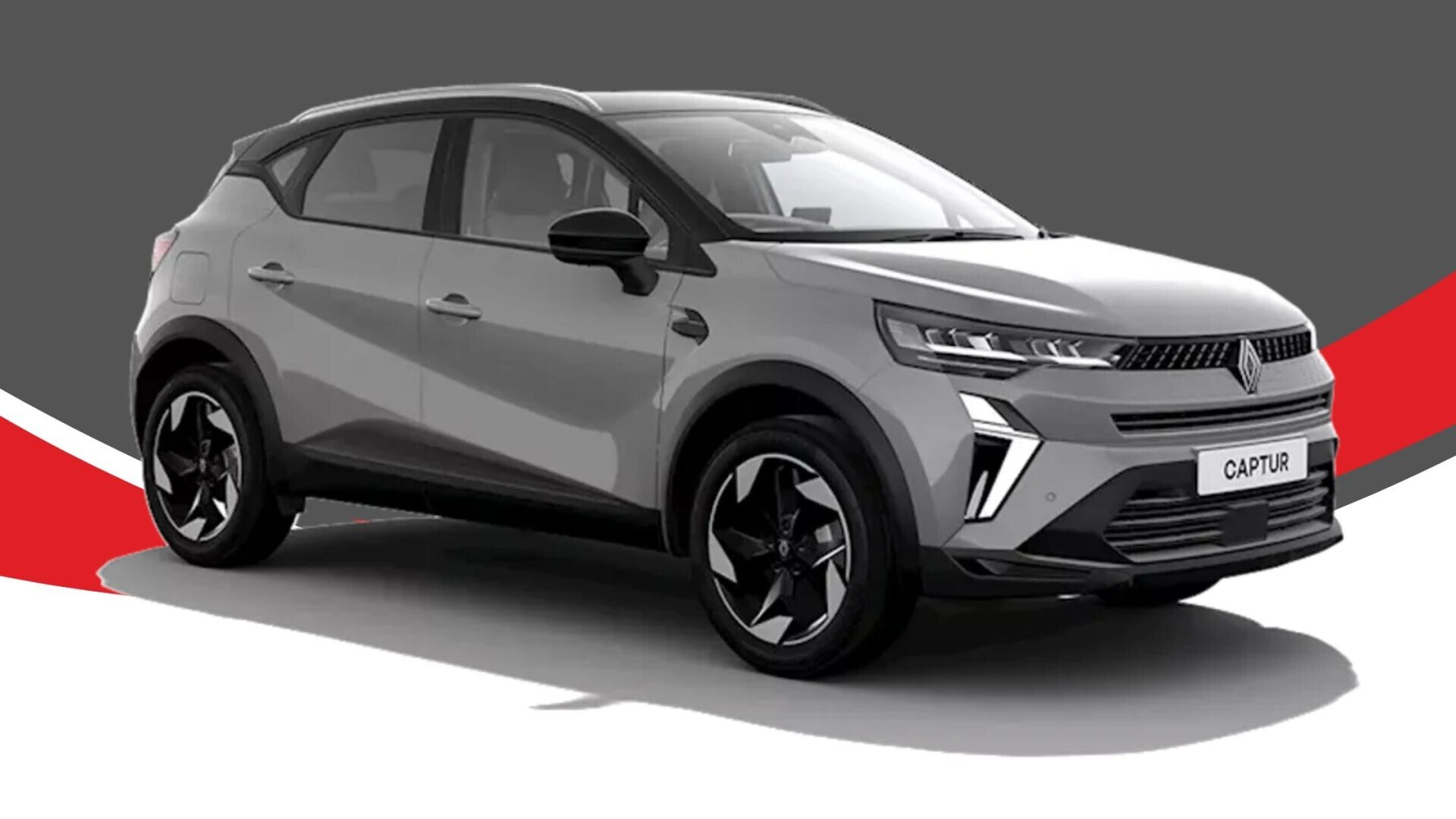

Published: 13 May 2025
Keeping up-to-date with the latest car tax rules can sometimes feel like navigating a maze. If you’re a driver in the UK, at Wilsons Epsom, we’re here to help you understand the changes to your road tax from April 2025. This guide covers everything you need to know about the new Vehicle Excise Duty (VED) rates for new cars and older models too.
The recent changes to road tax have significant implications for all UK drivers, especially those considering electric vehicles or low-emission options. If you’re in the market for a new or used car, we’ll also highlight the top 8 cars with the lowest road tax rates in 2025. Read on to find out more…
The amount of road tax you'll pay in 2025 will depend on the make and model of your vehicle, when your vehicle was first registered, its CO2 emissions, and how much it is worth when new. Here’s what you need to know:
The perks of tax-free electric motoring are coming to an end. From 1st April 2025, all newly registered electric vehicles will be subject to vehicle excise duty (VED). Despite this, the road tax rates for EVs still remain favourable compared to cars with petrol or diesel engines:
To clarify, the road tax rates for electric cars from April 2025 are:
For electric cars registered between 1st April 2017 and 31st March 2025, the standard rate of £195 will apply, but these vehicles remain exempt from the expensive car supplement.
If you’re in doubt as to whether an electric car is still cost-effective for you, remember that EVs benefit from lower running costs, including recharging and maintenance.
There’s good news for vintage car enthusiasts, as classic cars that are over 40 years old remain exempt from Vehicle Excise Duty (VED). This means that in 2025, cars manufactured in 1985 will become tax-exempt - great news if you own a car from this year! However, to qualify for this special road tax exemption, owners must apply specifically for the "historic vehicle" tax class from the DVLA.
This rolling 40-year exemption continues each year, so vehicles from 1986 will become exempt in 2026, and so on. If you own a classic car approaching the 40-year mark, this could mean you make significant savings in the near future!
Popular cars with low road tax rates in 2025:
Road Tax Rate 2025: Expect to pay the standard £195 rate for new models (registered after 1st April 2017)

The Citroen C3 certainly stands out with its distinctive design and exceptional comfort, thanks to the Advanced Comfort suspension system. Its frugal three-cylinder petrol engines deliver over 50mpg while keeping CO2 emissions lower than many rivals, placing it in much more favourable tax bands.
The C3's unique "Airbump" door panels help prevent parking damage, while the surprisingly spacious cabin offers ample headroom and practical storage solutions. We think it’s a pretty smart choice for budget-conscious families looking for a car with both style and substance.
Road Tax Rate 2025: Expect to pay £10 for the first year, then £195 standard rate from the second year onwards

The stylish Fiat 500 Electric car perfectly blends Italian design flair with zero emissions, qualifying for the lowest possible first-year tax rate of just £10. With its nippy urban performance and tight turning circle, it excels as a city runaround while providing approximately 199 miles of range on a single charge in long-range versions.
The 500’s interior features sustainable materials and modern tech, making it as appealing inside as it is on the outside. Being a fully electric car means cheaper running costs beyond just the tax advantages, with significantly lower "fuel" bills compared to petrol versions.
Road Tax Rate 2025: Expect to pay the standard £195 rate for new models (registered after 1st April 2017)

Offering incredible value for money, the MG HS boasts efficient powertrains that help keep running costs and tax payments lower than you might first expect. The plug-in hybrid variant even offers 32 miles of electric-only range and qualifies for a significantly lower first-year tax rate than the petrol-only versions.
With its 5-star Euro NCAP safety rating, comprehensive 7-year warranty, and premium-feeling interior materials, the HS challenges more expensive SUVs while keeping running costs sensible for budget-conscious families seeking maximum car benefits for minimal outlay.
Road Tax Rate 2025: Expect to pay the standard £195 rate for new models (registered after 1st April 2017 - depending on the specific model)

The striking Peugeot 3008 combines bold styling with impressive tax efficiency, particularly in its plug-in hybrid variant, which qualifies for the advantageous £110 first-year road tax rate. The award-winning i-Cockpit interior with its distinctive small steering wheel and high-mounted digital instruments creates a unique driving position that's super comfortable.
With up to 55 miles of electric-only range in the PHEV models and fuel economy reaching an impressive 356.2mpg in ideal driving conditions, the 3008 offers premium SUV appeal with remarkably low running costs. It’s a tick in the box from us!
Road Tax Rate 2025: Expect to pay £110 for the first year, then £195 standard rate from the second year onwards

With its plug-in hybrid powertrain offering up to 30 miles of electric-only range, the Renault Captur PHEV falls into the preferential £110 first-year tax band. The versatile interior features sliding rear seats that can expand boot space from 484 to 616 litres, (great for family life), making it one of the most practical small SUVs available.
The smooth transition between electric and petrol power means that the Renault Captur Plug-in Hybrid provides a refined all-around driving experience. You can expect to achieve an impressive fuel economy of almost 200mpg – perfect for drivers wanting the practicality of an SUV with minimal running costs.
Road Tax Rate 2025: Expect to pay the standard £195 rate for new models (registered after 1st April 2017)
The popular Renault Clio combines classic French style with practical efficiency, ensuring lower first-year tax rates compared to many competitors in its class. Its range of economical engines includes a hybrid option that significantly reduces emissions and improves fuel economy to around 64mpg, placing it in lower road tax rate brackets.
Thanks to the comprehensive suite of safety features, the Renault Clio earns a desirable 5-star Euro NCAP rating. We also like the well-designed interior cabin, which boasts technology usually found in larger, more expensive vehicles.
When choosing your next vehicle, the cost of car tax can prove an important point to consider when weighing up the overall running costs. Here at Wilsons Epsom, our expert team can help you navigate the new tax landscape and find the perfect low-tax vehicle to suit your needs and budget.
Visit our multi-franchise showroom in Surrey today to explore our range of tax-efficient models. Drive smart, pay less with Wilsons Epsom!
Note: All road tax rates are correct as of April 2025. For the most up-to-date information on your specific vehicle, click here for the official DVLA guide, consult the official government website or speak to our team.
You can check your specific vehicle's road tax rate on the UK government website by entering your registration number or by using online tax calculators that factor in your car's age, emissions, and value.
Yes, you can pay your vehicle tax annually, every six months, or monthly by Direct Debit. However, paying in instalments rather than one upfront cost will result in a slightly higher cost (around 5%)
Driving without having valid vehicle tax is illegal and can result in a fine of up to £1,000. Your vehicle may also be clamped or impounded, incurring additional costs for the release of your vehicle.
Unfortunately, road tax no longer transfers with vehicle ownership. The seller can claim a refund for any full months of remaining tax, while the buyer must pay to tax on the vehicle before driving it.
The £40,000 threshold includes the vehicle's list price when new, including any factory-fitted options, accessories, and VAT, but excludes the first year's road tax and registration fee.